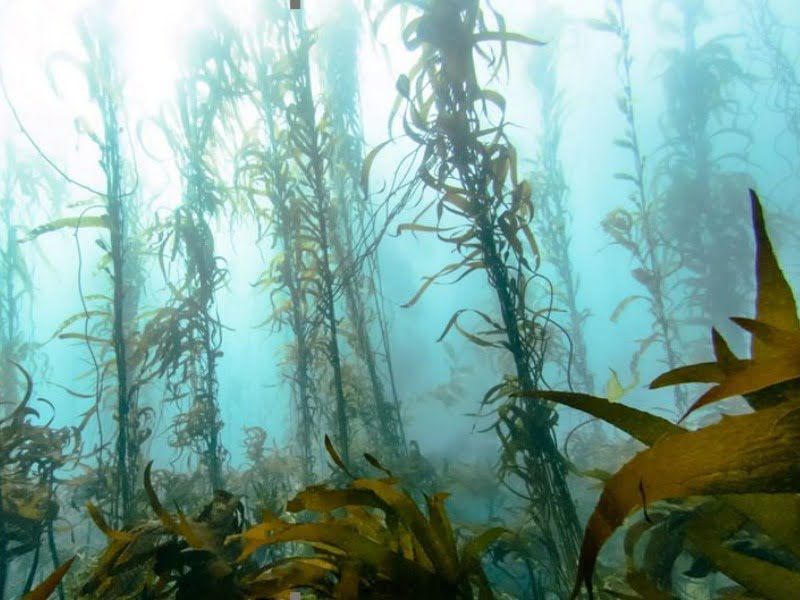Grants worth $4 million have been awarded to six projects aiming to reduce methane emissions by innovating around cattle and sheep feed.
This was awarded through the first stage of the Methane Emissions Reduction in Livestock (MERiL) program.
According to Australia’s 2016 State of the Environment report, agricultural emissions make up around 15 per cent of Australia’s total greenhouse gas emissions. Further, the agricultural sector is the predominant source of methane emissions as it produces almost 60 per cent.
Industry, Energy and Emissions Reduction Minister Taylor said the projects would help shed light on the environmental and productivity impacts of the new feed technologies.
“Australian farmers have always been at the forefront of innovation and environmental management. These successful projects will increase our understanding of the benefits of these technologies and help farmers make informed decisions on technology adoption in their day-to-day operations,” Minister Taylor said.

“We are backing technologies which have the potential to reduce emissions while increasing productivity because we know that is the key to meeting and beating our targets without imposing new costs on households, businesses or the wider economy.”
The six successful projects are led by: Bovine Dynamics, CSIRO, Agrimix, FutureFeed, The University of New England, and GrainCorp. Applications were open from May 24 to July 6, 2021.
According to the Commonwealth Grants Rules and Guidelines, grants must be reported no later than three weeks after they have been awarded. However, from the grant assessment timeline provided in the MERiL stage one guidelines it appears this methane mitigation project’s announcement should have been made in October last year.
FutureFeed is a CSIRO spin-off that has developed a cheap feed based on the Asparagopsis seaweed that drastically reduces greenhouse gas emissions produced by livestock. They received $500,000 to test their product in beef cattle at the University of New England’s Tullimba feedlot.
Asparagopsis projects are also being led by Bovine Dynamics, the University of New England, and GrainCorp. The former project received a grant of $1,000,000 whereas the latter two received $500,000 grants.
CSIRO received $800,000 to test a methane reducing food additive called 3-NOP while the final project led by Agrimix received $700,000 to test the use of the tropical legume Desmanthus as feed.
Guidelines for the next two stages of the MERiL program will be released on February 21. Stage two will award a total of $5 million to run feasibility studies for the delivery of supplements to grazing livestock.
Grants will range between $250,000 and $1 million for projects running up to 12 months. Stage three is comprised of two funding rounds totaling $15 million to verify the emissions reduction and productivity impacts.
Funding for stage one comes from the $95.4 million Technology Co-Investment Fund announced during the 2020-21 federal budget that had been recommended in the King Review to increase the uptake of emissions reducing technologies and improve productivity in the agricultural, manufacturing, industrial and transport sectors.
The $59.6 million Land Sector Investment Stream which was announced in the 2021-22 federal budget supports stages two and three of the MERiL program. Also under this stream is the other of the government’s low emissions agricultural technology initiative, the National Soil Carbon Innovation Challenge to reduce the cost of measuring soil carbon levels.
These initiatives come despite Australia’s absence from a US and EU-led international pledge to reduce methane emissions by 30 per cent by 2030.
Although more than 100 countries joined during the COP26 climate conference last November, Mr Taylor said at the time that he did not want to set gas-specfic targets.
“We’ve got a net-zero goal, we’re not setting sector specific targets, and we aren’t setting gas specific targets. It’s the entirety of gases that matters…that’s our specific goal,” Minister Taylor said at the time.
Do you know more? Contact James Riley via Email.

